Weekly Recommendations & Recap
Things to Watch, Read and Catch Up On
Greetings, All!
Let’s catch up on the latest top headlines, opinions, and recommendations.
This week I enjoyed three fascinating conversations:
Collapse of the Fake Economic System: Threat of Iran War & Surging Debt Send Final Warnings with Dr. Ron Paul
Dr. Paul notes that the United States has been on an unsustainable fiscal path, and we are witnessing the collapse of the fake economic system. President Trump seeks to increase the Pentagon budget to $1 trillion as the federal deficit rises and the national debt surpasses $37 trillion. Interest on the debt is already larger than spending on Medicare and national defense combined – it is second only to Social Security. Ending the glorification of militarism and interventionism over peace, sound money policies, and the nation’s prosperity is the first step toward addressing economic and political challenges.
US-Russia Peace Talks Stall: Will US Abandon the Failed Proxy War to Attack Iran? with Prof. Pascal Lottaz
Dr. Pascal Lottaz notes that although the US-Russia peace talks are progressing much slower than originally expected, the peace in Ukraine is viewed by both sides as only a part of the bigger goal to re-establish an effective security architecture in Europe. The calls for a ceasefire are meant to freeze the conflict as Russia is decisively winning on the battlefield. The tensions within the Trump administration and the neocons who push to continue the fighting (such as Gen. Chris Cavoli) indicate internal policy misalignment as the military-industrial complex refuses to abandon a failed proxy war before it sets the stage for a pivot to another lucrative multi-billion-dollar conflict.
China Warns Philippines: The US Grooms New Pawn for War on China with Dr. Anna Malindog-Uy
The US State Department’s approval of a $5.58 billion military sale to the Philippines, featuring 20 cutting-edge F-16 fighter jets and a wide array of advanced weaponry and support systems, came amid reports of the deployment of yet another Typhon missile system to the country. After the recent social unrest caused by the ICC arrest of the former President Rodrigo Duterte, the Marcos Jr. administration welcomed US Secretary of Defense Pete Hegseth, whose main goal was to strengthen the military alliance between the two countries.
Anna Malindog-Uy notes that the new arms race in the region will drive China to an increasingly defensive posture and further destabilize the Indo-Pacific region. Tensions in the South China Sea and those surrounding Taiwan are escalating, and the multi-billion-dollar sales of weapons to the Philippines indicate that the country is being groomed as a new U.S. proxy in Asia.
Top Videos of the Week
US to Send $10,000 Checks to EACH Greenlander to Allow the US to Annex Their Land
Donald Trump’s push to acquire Greenland has turned from a bizarre idea into a formal U.S. strategy, now using taxpayer-funded PR campaigns and financial incentives to manipulate Greenland’s small population. Rather than respecting Greenlandic autonomy, the U.S. aims to “educate” residents into alignment while painting Denmark as a villain. Trump’s plan proposes $10,000 payments per resident to gain access to the island’s valuable resources—benefiting U.S. elites, not Greenlanders. Despite clear opposition from both Denmark and the island’s people, Trump remains confident. What looks like soft power is, in reality, a calculated attempt to buy influence and exploit Arctic resources under false pretenses.
China Is De-dollarizing: China Launches $1.2 Trillion Digital Yuan System, Bypasses Western SWIFT
The U.S.–China tariff war has sharply escalated, with China imposing a 125% tariff on U.S. goods in response to Trump’s staggering 145% tariff on Chinese imports. While Trump frames it as a punishment for China’s “disrespect,” critics argue it's reckless protectionism harming global trade and U.S. consumers. Treasury Secretary Scott Bessent downplayed China’s retaliation, ignoring how deeply these tariffs affect American wallets. Without broader economic reforms—like investing in labor, infrastructure, and raw materials—tariffs alone won’t revive U.S. manufacturing. This trade war may be more about political posturing than policy, and it’s the American public who will pay the price.
This Week’s Top Headlines
President Trump backtracks on tariffs, exempts phones, chips, and computers
The exclusions, published late Friday by US Customs and Border Protection, narrow the scope of the levies by excluding the products from Trump’s 125% China tariff and his baseline 10% global tariff on nearly all other countries.
The exclusions apply to smartphones, laptop computers, hard drives, computer processors, and memory chips. These popular consumer electronics items are generally not made in the US, and the US imports over $60 billion of smartphones per year.
Thank you to all my subscribers for being part of World Affairs in Context. Your support makes the newsletter happen, and your questions, ideas, and suggestions inspire it. Please consider becoming a paid subscriber, which will help contribute to the resources needed to produce more content on the platform. If you’d like to make a one-time contribution, please do so via PayPal or Buy Me a Coffee.
Trump envoy: Ukraine could be divided like postwar Berlin
Keith Kellogg suggests the UK and France could lead the western zone of control while enjoying full control of Odessa, a critical naval point on the Black Sea, while Russia controls the left bank of the Dnipro River.
In an interview with The Times, Kellogg said the Anglo-French-led force west of the Dnipro River would “not be provocative at all” to Moscow. On numerous occasions, Russia made it clear that any Western troops would be escalatory and therefore unacceptable.
Following the release of the interview, Keith Kellogg said The Times misunderstood the meaning of what he said about "dividing Ukraine."
US-Iran Negotiations Begin in Oman
Following the bilateral talks on April 12 in Oman, Iran said the first formal talks with US envoy Steve Witcoff over its nuclear program were “constructive,” and both sides agreed to meet again next week. The indirect talks lasted 2.5 hours, after which US envoy Steve Witcoff and the Foreign Minister of Iran, Seyed Abbas Araghchi, spoke briefly.
The two sides discussed Iran’s nuclear program and the lifting of sanctions “in a constructive atmosphere and with mutual respect,” the Iranian foreign ministry said in a statement after indirect talks that lasted for more than two hours.
While the US seeks the full dismantling of Iran’s peaceful (civilian) nuclear program, Iran has proposed to the United States a nuclear-free Middle East, including a completely denuclearised Israel.
Former Iranian diplomat and participant in the 2015 nuclear talks Hossein Mousavian commented that Iran would never agree to the US demands to shut down its nuclear program, and the Iranian missile program would also be off-limits in these negotiations. If a deal is to be made, it has to consider the interests of all involved parties.
Vladimir Putin and US envoy Steve Witkoff met in St. Petersburg on April 11th 2025
This was the third meeting this year between President Putin and Steve Witkoff. Earlier this week, US Secretary of State Marco Rubio commented:
“We will know soon enough, in a matter of weeks, not months, whether Russia is serious about peace or not. I hope they are."
Although no details have been released, Turkiye announced that it will host the next round of negotiations between Russia and the United States.
Market Turmoil Amid Tariff Announcements
President Trump's sudden announcement of a 10% universal tariff on all imports, effective April 5, and additional “reciprocal” tariffs targeting specific countries, including a 145% tariff on Chinese imports, led to global market volatility. The MSCI All-Country Index lost over $5 trillion in value, reflecting investor unpreparedness for such aggressive trade policies and a deteriorating economic outlook as a result of the new tariff regime and instability.
What I’m Reading & Listening to This Week
This week, my top podcast was “Ukraine is a repeat of Afghanistan” by Neutrality Studies. Why is this an important topic? History repeats itself. Little-known facts, such as that the US used Mujahideen as proxies in its ideological war with the USSR, provide clarity and help set the stage for understanding hybrid warfare and current proxy conflicts.
Additionally, I enjoyed a recently published article, “Under Primacy, Weapons Sales Will Always Supersede Human Rights.” The U.S. government’s professed dedication to human rights is often at odds with its pursuit of global military dominance. Since the 1970s, when Congress enacted laws to restrict military aid to human rights violators, the U.S. has presented itself as a global defender of rights. However, this commitment has consistently taken a backseat to strategic interests, from the Cold War to the War on Terror. Despite legislation, Congress has never blocked a weapons sale, exposing the limits of these human rights protections.
This pattern has continued through successive administrations, regardless of party. The U.S. frequently invokes human rights to criticize adversaries, while ignoring violations by allies. This hypocrisy is especially evident in the Biden administration’s unconditional military support for Israel during its 2023 invasion of Gaza, despite credible evidence of legal violations.
The author argues that as global power shifts toward multipolarity, Washington remains fixated on preserving U.S. military supremacy. In this environment, human rights remain secondary, and they are used selectively when convenient. Genuine progress requires a fundamental rethinking of U.S. foreign policy, emphasizing restraint and reducing reliance on military dominance to foster a more consistent and principled commitment to human rights.
Thank you to all my subscribers for being part of World Affairs in Context. Your support makes the newsletter happen, and your questions, ideas, and suggestions inspire it. Please consider becoming a paid subscriber, which will help contribute to the resources needed to produce more content on the platform. If you’d like to make a one-time contribution, please do so via PayPal or Buy Me a Coffee.




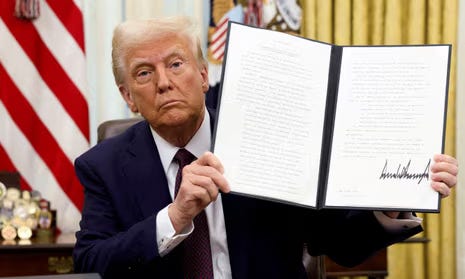
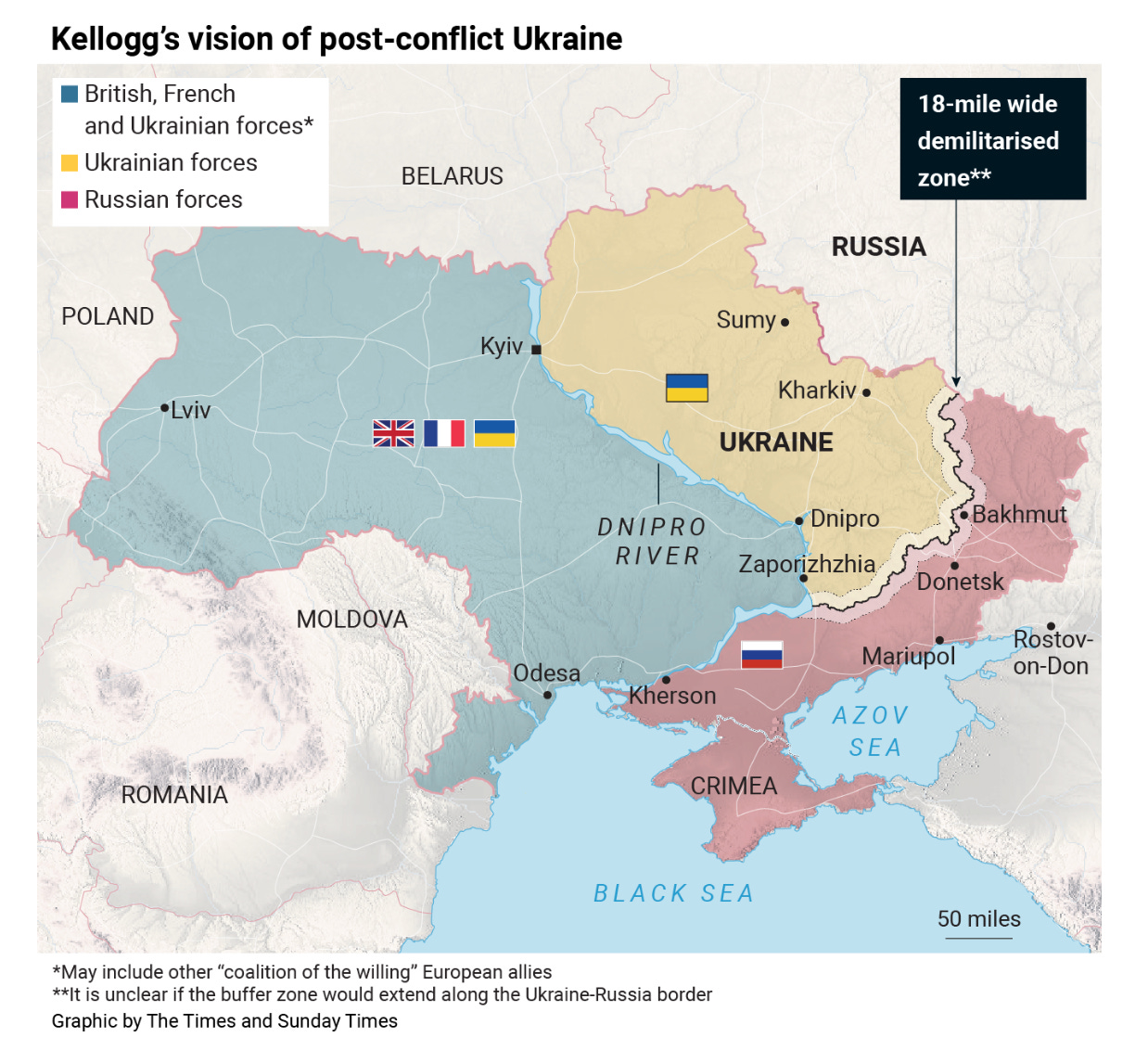
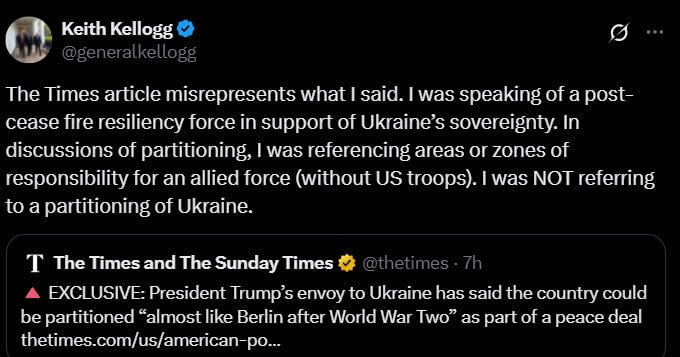
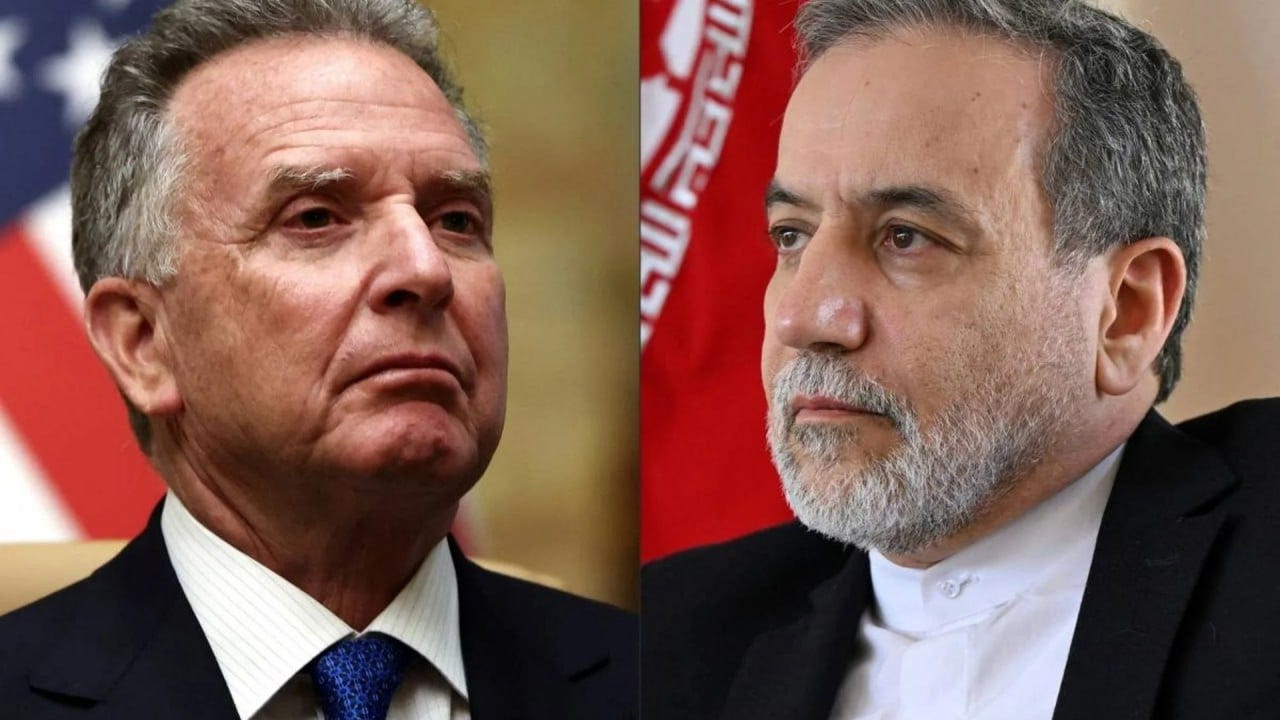
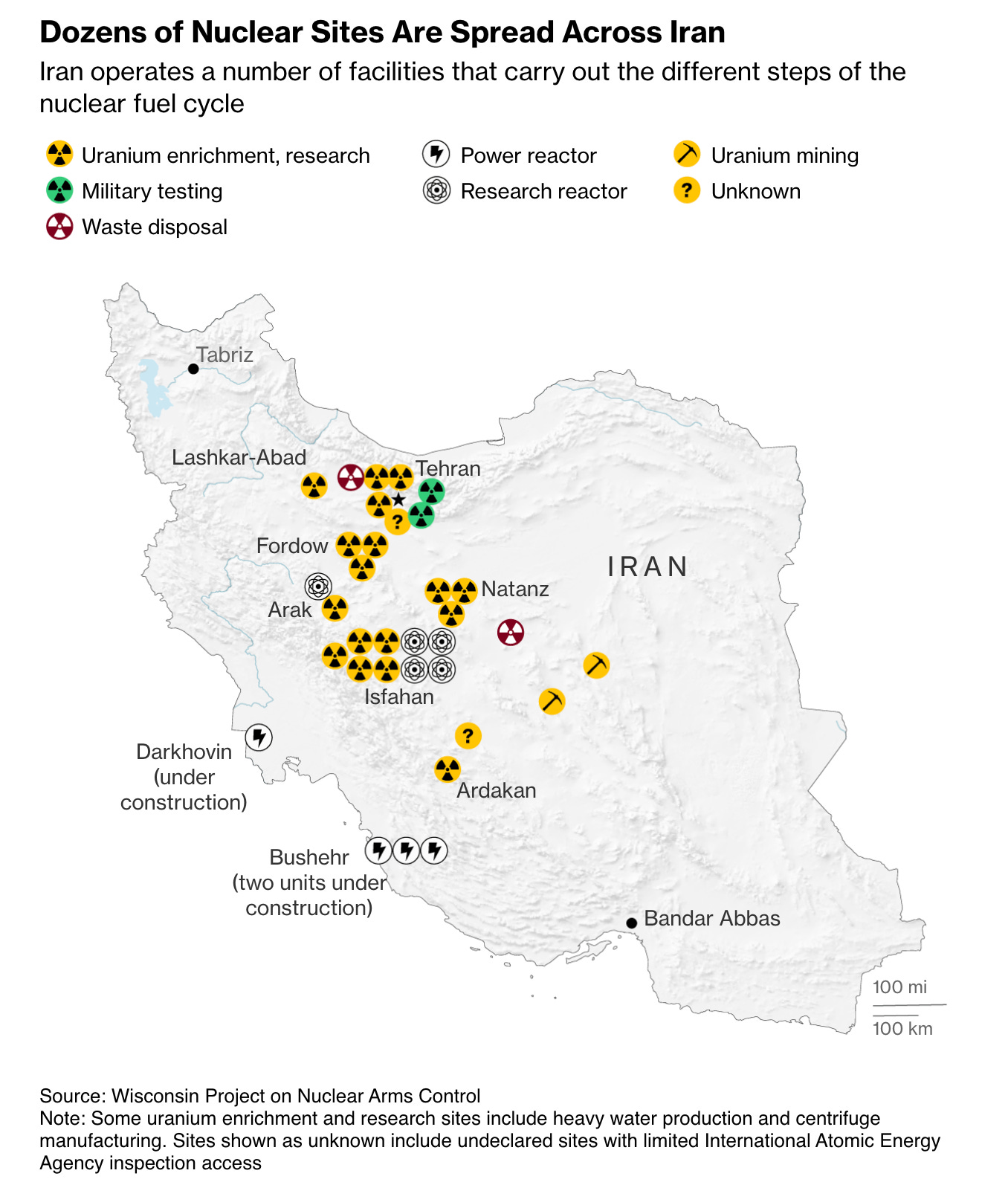

Be advised that censorship and surveillance under Trump is about to get ratcheted up because he is signing these crazy executive orders to go after so-called "antisemitism." Kristi Noem's DHS is now screening social media for this "antisemitism," among other things this admin. is doing. Of course, the only guy trying to oppose this nonsense is Massie.
https://thewinepress.substack.com/p/trump-launches-task-force-to-combat
First, thank you Lena for all your hard work. You make it look easy, but I am sure you spend much time winnowing information to pack so much information into as few minutes as you do. Clearly, not everyone is capable of this, as most are very verbose, talking for 30+ minutes about should be more compact.
Kellogg must be out of his mind if he believes Putin will sit still for the two most anti-Russian military forces, the UK and France to take over a large part of Ukraine. Seriously, sometimes I wonder if the US doesn't desire World War III in Europe, when they come up with such a hairbrained idea and claim Russia won't mind.
We have no right to tell Iran they are not allowed a nuclear program. They are a sovereign country. Let us remember that Trump during his first Administration tore up the Iranian nuclear agreement they were adhering to and then sanctioned them. I am ashamed of this kind of behavior of America. It is shameful. I love Iran's gambit that Israel be nuclear free too. Everyone knows Israel has nukes, but the US will pretend otherwise.
I have heard a different reference about history repeating itself. "History doesn't repeat itself, but it does rhyme. "